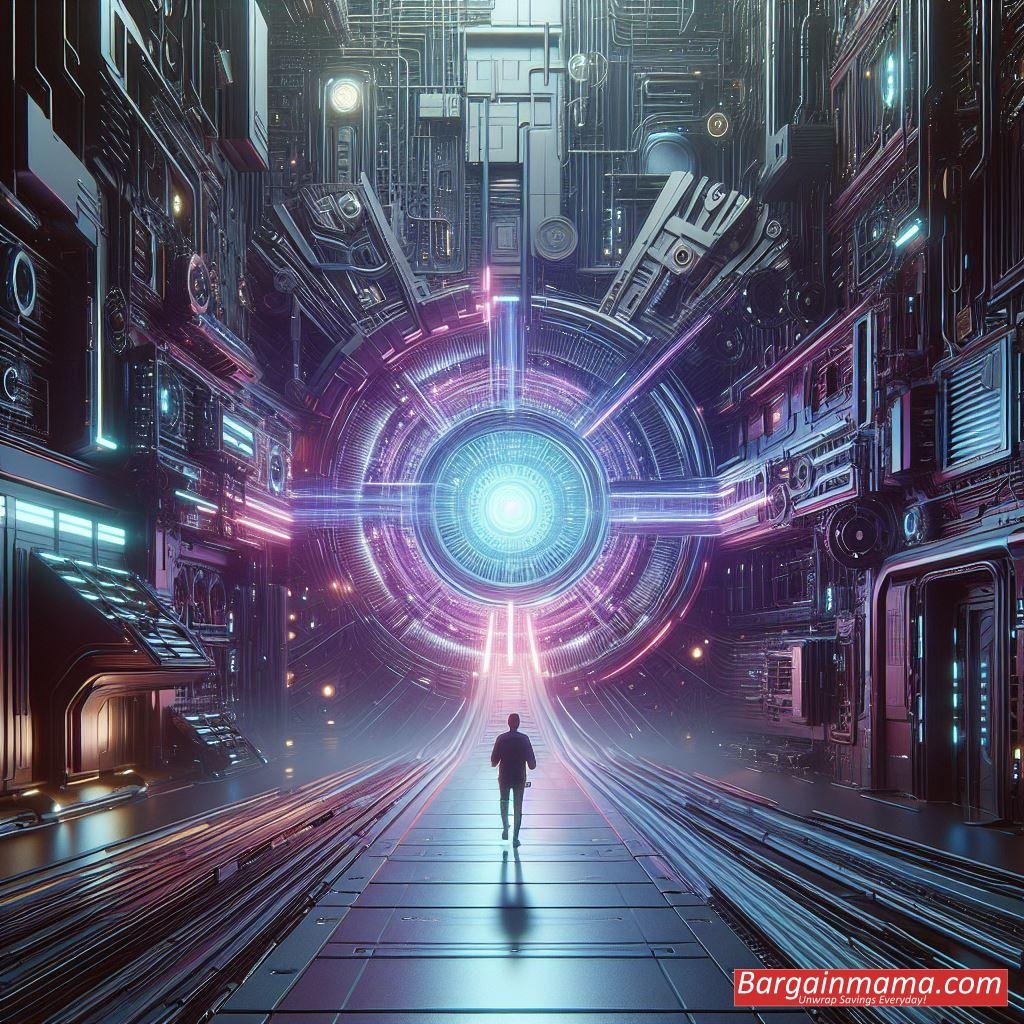It has been stated that Microsoft is starting an ambitious project to build a massive $100 billion supercomputer that will be called “Stargate.” This is a ground-breaking step that might completely change the field of artificial intelligence. With this enormous project, we hope to take OpenAI to the next level of AI development and bring about a revolution in the field of technology.

As the fifth and last stage of their ambitious plan to build several supercomputers around the United States, Stargate is the result of Microsoft and OpenAI’s strategic partnership, according to a recent story from The Information. With its extraordinary size and sophistication, Stargate, which occupies several hundred acres and requires an incredible 5 gigawatts of electricity, is set to become one of the world’s largest and most sophisticated data centers. This powerful infrastructure will be the cornerstone of OpenAI’s efforts to train and implement the most advanced AI models available, even outperforming the highly regarded ChatGPT-4. Stargate, whose enormous scope and power are expected to change the AI landscape, is expected to emerge as early as 2028.
The term “Stargate” originates from the well-known science fiction movie of the same name from 1994, which portrayed the discovery of an intergalactic teleportation apparatus in ancient Egypt. In the film, the gateway of the same name opens a portal to a far-off realm where the heroes set out on a mission to free downtrodden civilizations from the grip of an oppressive god. Consistent with the film’s spirit of inquiry and revelation, Stargate represents a portal to the future, providing countless chances for AI invention and progress.

But the success of Stargate depends on OpenAI’s ability to deliver its upcoming AI update, which is widely believed to be the highly awaited GPT-5. This groundbreaking AI version is reportedly scheduled for release in early 2025, marking a significant turning point in the development of AI technology. Because of OpenAI’s recent setback with the unsuccessful deployment of “Arrakis,” a project hampered by the constraints of current supercomputing infrastructure, Microsoft has a strong interest in assuring the latter’s continuous trajectory of advancement. With its promise to overcome these challenges and advance AI research and development into hitherto unexplored areas, Stargate appears as a ray of hope.
The origins of Stargate have also given rise to rumors about Sam Altman’s possible role in starting a cutting edge AI chip manufacturing. Given that obtaining Nvidia GPUs is a major roadblock in the process of building a supercomputer of this magnitude, Altman’s efforts have the potential to upend market dynamics and provide Microsoft with a competitive advantage. With Altman and Microsoft emerging as a powerful rival, the semiconductor industry may undergo a seismic upheaval, especially in light of Nvidia’s ongoing chip shortages.

Microsoft’s massive Stargate project is proof of humanity’s everlasting quest for technological superiority. Stargate is the pinnacle of AI innovation thanks to its enormous scope, ground-breaking powers, and mutually beneficial relationship with OpenAI. With a new era approaching, Stargate has the potential to transform artificial intelligence in the future, break through barriers, and solve cosmic riddles.



